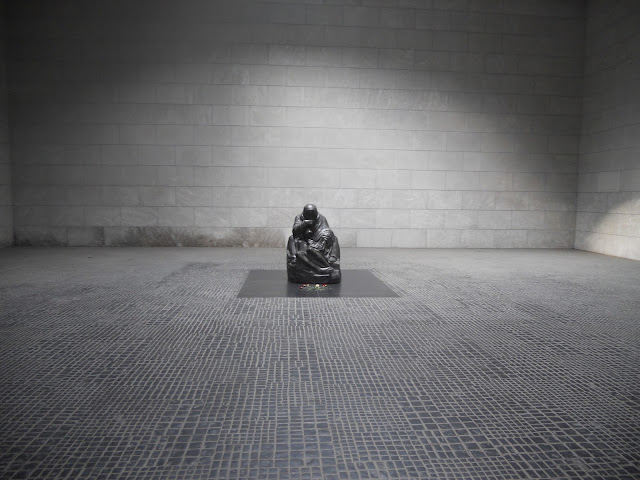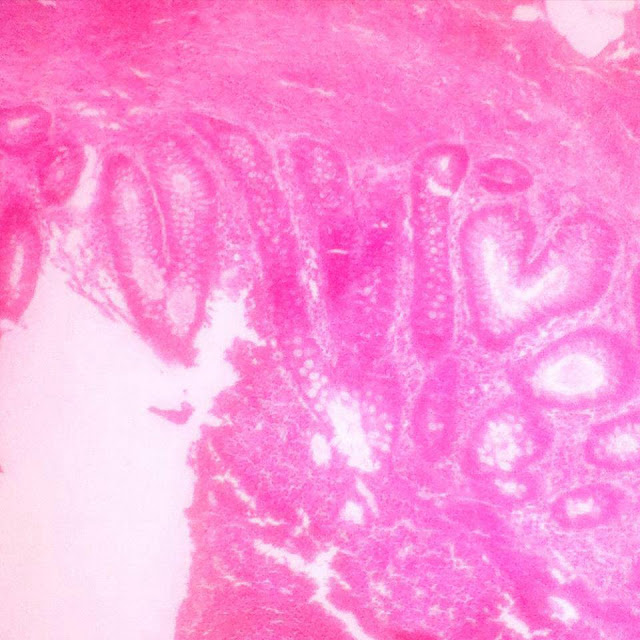As most of you may know, I have a sweet tooth and from my first year in Medical School I often visited (mostly on Thursdays) a local coffee and dessert shop called "Tablespoon" with friends who shared the same fondness for good dessert, coffee, tea and company. One such person is my good friend Charlo.
We decided to sit down and chat at Tablespoon during the month of November (which is also No Shave November-hence the facial hair) about life as a male medical student and the pressures, temptations and distractions that they face and how he has managed to avoid defamation of character.
I hope this feature post for the month of December and the last for 2015 gives you a deeper insight into life as a male medical student as well as provide motivation and inspiration to those facing the same obstacles.
---------------------------------------------------------------------------------------------
1. How do you focus on
studies while building healthy relationships with the opposite sex?
I feel it all comes
down to prioritizing. There’s nothing wrong with socializing with the opposite
sex, but, you have to remember your purpose for being in school. For me, a good
amount of time management makes it easier. For instance, I know if I’m going to
socialize I either get my work done ahead of time, or limit my time at the
event/function so I can still get some study time in. Also, I try to do most of my studying alone in the library
where I know I’m most productive, so I maximize the study time I do get.
2. What advice could
you give to other men of colour on being well grounded in medical school?
While being a
student is important, don’t forget it is not the only thing on the priority
list. You have to take care of
yourself as well. That includes your physical, mental, and spiritual well being. So incorporating exercise into your weekly routine is essential. Sleeping
when needed is also a must (although med school has a way of making that very
hard), and lastly you can’t go through the motions and end up spiritually
constipated after its all said and done.
Go to church, set aside time for devotions, and pray, you’ll find that
it really and truly does help.
3.
How have you managed
to remain single for the past year and a half?
I was in a
long distance relationship prior to coming to medical school and when it ended I
promised myself that I wouldn’t rush into anything and spend the time to work
on myself. In the process of doing
that, I’ve found that, while it is possible to balance books and a steady
relationship, that I’d prefer to take on that balancing act when there is a
little more stability in my life. So until then, I’ll just focus on studies.
4.
How do you manage to
find balance in your life with all the demands of medical school?
I’ve found that
finding a routine and sticking to it has helped a lot. When you do that, you’re not pressured
to deal with everything that comes your way because not everything fits into
your schedule. In addition to
that, you’ll find that you always have time for what you want because you
manage to knock out all the things you have to do. Most importantly though, I’ve had a great support system in
my parents and friends that remind me not to forget God in everything I
do. That means even attending
church during heavy study periods (because God honors sacrifices).
5.
What still drives
you to practice chivalry in a society where the belief is and accepted as being
dead?
Once you’ve done
something for a long time, it becomes a part of you, and as cliché as that
sounds, it’s the truth as it relates to me. I was always placed in leadership roles growing up where I
had to be professional and so I grew accustomed quickly to being respectful in
order to maintain relations with others. In high school, I was a member of the
Gentleman’s Club where I attended multiple seminars and programs on being a
gentleman and treating women with respect. I would have to attribute my undergraduate experience at
Morehouse College as to what cemented the concept of being a gentleman into my
character having had to practice it unsupervised away from home. So when you couple that with having an overall
helpful and nice demeanor, you have a habit, albeit a good one, that’s really
hard to break.
6.
Have you faced any
adversities as a medical student that you would like to discuss?
Oh wow a few. My
first semester of Medical School, I had my bank account hacked
and wiped clean. It was a blessing
in disguise though because it forced me to learn my way around the surrounding
area, in order to be as frugal as I could be. Then, before my first semester of
my second year started, I lost my aunt.
Ironically enough, later the following later, I would learn of the
condition that led to her passing, and as you could imagine, it made the
material just that more relative.
During the second semester of my second year, I broke my right index
finger, and learned not only to appreciate the coursework at the time (we were
studying the Musculoskeletal system) but how having two functioning hands makes
life that much easier. In addition to that, I had the shock of getting used to
a new culture and grading system so yes I had my fair share of challenges here,
but I must say all transformed me for the better.
7.
Where would you love
to end up practicing medicine?
I’d love to end up
practicing medicine back home in The Bahamas because that’s where I want to
raise my kids. On the same token, I’d
also love the opportunity to take advantage of the travel opportunities that
come with my profession. I aspire to become a Forensic Pathologist, and all the
ones that I’ve met thus far have extensive travel histories, so I’d like to
have similar experiences as well.
 |
| Charlo enjoying his favorite "chicken pie". |
8.
How do you deal with
having classes with those younger than you?
Its actually not as
bad as one would think, for me at least. Despite their age, there are actually
some mature members of my class who are as much as 5 years younger than me. For
those few who are immature, I tend not to take them on as I feel taking them on
would give them impetus to keep up the behavior. There have been times when it was hard to hide my experience
in some areas of school, but I tried my best to be humble and help out where I
can, so as not to appear overbearing.
9.
What’s your favorite
thing about medical school?
Hmmm. My favorite
thing would have to be learning all the stuff that helps to dispel all the
medical myths I was taught growing up.
Having the knowledge to actually challenge those older than me on health
issues and lifestyle habits knowing I have a large medical fraternity (with
literature) to back me up is a great feeling. I also, enjoy learning the intricacies behind what are often
overlooked physiological events, from speech to playing a sport.
 |
| He's just that cool, random people want to be photographed next to him. Seriously we don't know this Tablespoon patron. |
10. What is the most valuable lesson you have learnt about
studying in the Caribbean? Any advice for other students interested in studying
here?
As it relates to
UWI, the most valuable thing I’ve learnt is that in order to enjoy a little bit
of everything you have to say no to somethings. The Caribbean has been known
for its festive culture and Trinidad and Tobago is no exception and while there
is a lot to do, you can’t do everything, so you have to choose what you’re
willing to sacrifice. Whether it be a weekend of study to enjoy the carnival
Monday and Tuesday, or missing one fete (party) to handle everything that will leave
you guilt-free to attend another, you simply have to choose because its
impossible to do it all. So the
lesson would be learning to say no to every new experience. Some you can enjoy later.
11. What do the next two years entail? And what expectations
do you have for your future as an intern?
The next two years
will be another proving ground, having successfully completed my pre-clinical
years I’ll be subject to the ‘tough love’ of consultants on the wards but I
feel up to the challenge. I expect to not get everything right and have my fair
share of disappointments as I still have a lot to learn but I look forward to
finally earning that Dr. in front of my name and moving one step closer to
being a Forensic Pathologist.
12. What advice would you give to other male medical students
who may not know how to maintain a level of professionalism when faced with
(multiple) female advances?
Be cordial. Be
considerate. You may not know the right words to say all the time but you don’t
need too many to be respectful. I
wish there was one common phrase to use but not every advance/situation will be
the same and so you have to be mindful of who you’re speaking to each
time. If it is not something you’re
looking for at the time, say that, and be ready to stand by your decision.
13. As it relates to being sexually active, what advice can
you give to male medical students who may be pressured to feel there is
something wrong with saying “no”?
No is not a bad word.
You’re no less of a man by saying it and you’ll be surprised how many women
feel the same way. Regardless of
your resolve, whether it be religious or personal reasons, by saying no you
turn down one possible experience that can and will happen again. Depending on when the advance happens,
you may actually end up gaining rather than losing anything, especially if you
have no knowledge on the female’s whereabouts. What people don’t say is that your sex appeal actually goes
higher when you’re more elusive, or 'harder to get'. At the end of the day though, when you think about it, there is no reason why a grown man HAS to do anything, so saying no shouldn’t seem so
out of the question.



























